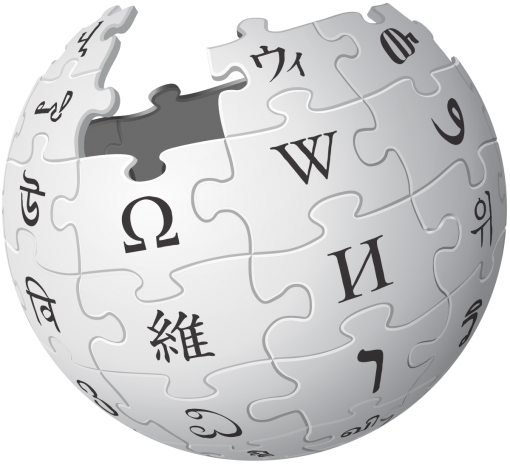
Breaking News
 Sunday FULL SHOW: Newly Released & Verified Epstein Files Confirm Globalists Engaged...
Sunday FULL SHOW: Newly Released & Verified Epstein Files Confirm Globalists Engaged...
 Fans Bash Bad Bunny's 'Boring' Super Bowl Halftime Show, Slam Spanish Language Performan
Fans Bash Bad Bunny's 'Boring' Super Bowl Halftime Show, Slam Spanish Language Performan
 Trump Admin Refuses To Comply With Immigration Court Order
Trump Admin Refuses To Comply With Immigration Court Order
 U.S. Government Takes Control of $400M in Bitcoin, Assets Tied to Helix Mixer
U.S. Government Takes Control of $400M in Bitcoin, Assets Tied to Helix Mixer
Top Tech News
 SpaceX Authorized to Increase High Speed Internet Download Speeds 5X Through 2026
SpaceX Authorized to Increase High Speed Internet Download Speeds 5X Through 2026
 Space AI is the Key to the Technological Singularity
Space AI is the Key to the Technological Singularity
 Velocitor X-1 eVTOL could be beating the traffic in just a year
Velocitor X-1 eVTOL could be beating the traffic in just a year
 Starlink smasher? China claims world's best high-powered microwave weapon
Starlink smasher? China claims world's best high-powered microwave weapon
 Wood scraps turn 'useless' desert sand into concrete
Wood scraps turn 'useless' desert sand into concrete
 Let's Do a Detailed Review of Zorin -- Is This Good for Ex-Windows Users?
Let's Do a Detailed Review of Zorin -- Is This Good for Ex-Windows Users?
 The World's First Sodium-Ion Battery EV Is A Winter Range Monster
The World's First Sodium-Ion Battery EV Is A Winter Range Monster
 China's CATL 5C Battery Breakthrough will Make Most Combustion Engine Vehicles OBSOLETE
China's CATL 5C Battery Breakthrough will Make Most Combustion Engine Vehicles OBSOLETE
 Study Shows Vaporizing E-Waste Makes it Easy to Recover Precious Metals at 13-Times Lower Costs
Study Shows Vaporizing E-Waste Makes it Easy to Recover Precious Metals at 13-Times Lower Costs
'Wikipedia Is More One-Sided Than Ever' Writes Disaffected Co-Founder Larry Sanger

This is essential policy, believe it or not. Maybe that will be hard to believe, if you have read many Wikipedia articles on controversial topics lately. But it is true: neutrality is the second of the "Five Pillars" policies that define Wikipedia's approach to the craft of encyclopedia-writing. Wikipedia founder Jimmy Wales made a statement that Wikipedia now regards as definitive. "Doing The Right Thing takes many forms," he wrote, "but perhaps most central is the preservation of our shared vision for the NPOV and for a culture of thoughtful diplomatic honesty."
Yes, Wikipedia is very earnest about its neutrality.
But what does "neutral" mean? This is easy to misunderstand; many people think it means the same as "objective." But neutrality is not the same as objectivity. If an encyclopedia is neutral about political, scientific, and religious controversies—the issues that define the ongoing culture war—then you will find competing sides represented carefully and respectfully, even if one side is "objectively" wrong. From a truly neutral article, you would learn why, on a whole variety of issues, conservatives believe one thing, while progressives believe another thing. And then you would be able to make up your own mind.
Is that what Wikipedia offers? As we will see, the answer is No.
What Is "Neutrality," Anyway?
"Now wait a second," I can already hear some people saying. "I reject this distinction between objectivity and neutrality. Neutrality does not mean giving equal weight to all opinions. Neutrality means approaching issues without emotion, following standards of logic and science. The neutral approach seeks hard facts and assembles hard-won truths for a critical audience."

 Smart dust technology...
Smart dust technology...

